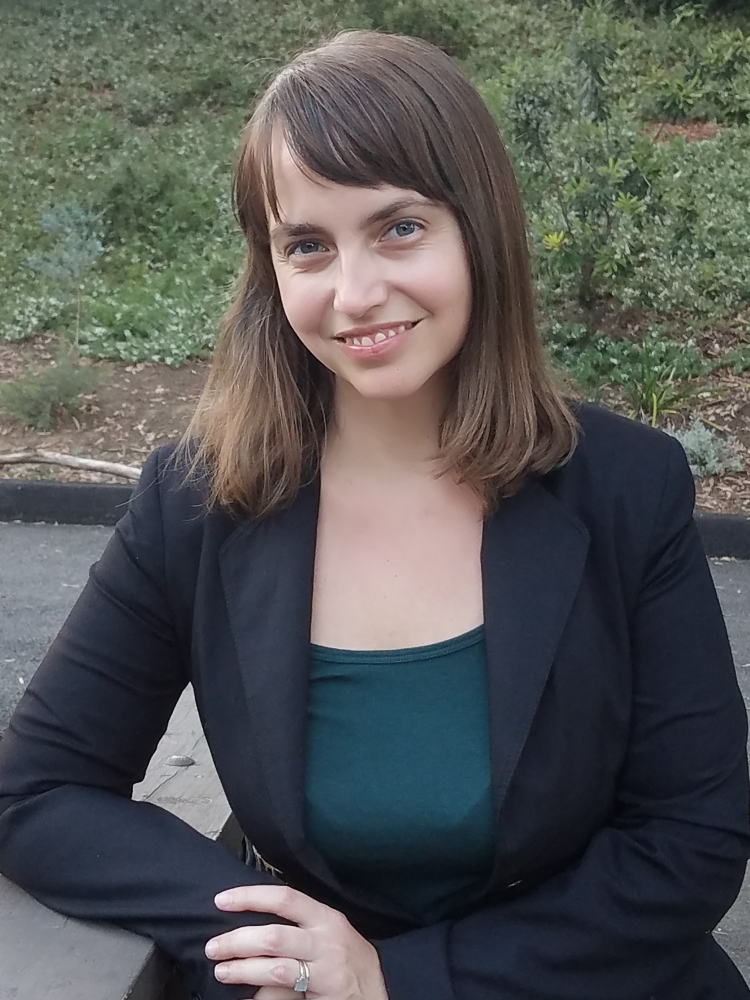 Environmental sociologist Rachel Wetts wants to understand why.
Environmental sociologist Rachel Wetts wants to understand why.
"The scientific community tells us that climate change will bring devastating effects both to human societies and the natural world, and yet we have barely begun to make the kind of changes that are needed to avoid the most dangerous consequences," says Wetts, now Acacia Assistant Professor of Environment and Society and Sociology. "That's not only a huge problem, but it's also something of a puzzle: Why do we seem to be rushing headlong into a disaster?"
As Wetts explains, American inaction on climate change appears to have roots in both culture and politics: cultural values such as individualism clash with the problem's intrinsically communal nature, while powerful political and financial interests have spread misinformation and leveraged their resources to block action on the issue.
"I'm interested in understanding how these different social forces have worked to block the actions we need to take to address climate change—and what we might change going forward to overcome these challenges," she says.
At IBES, Wetts is looking forward to collaborating with colleagues who share her commitment to rigorous inquiry and practical policy relevance.
"I see great value in being part of a community of scholars who are focused on environmental processes, but who bring their own distinctive disciplinary traditions, methods, and expertise to the table," she says. "This means we get to learn things from each other we otherwise wouldn't be exposed to, and we also have to learn to communicate the broader implications of our work to people who approach problems from very different perspectives."